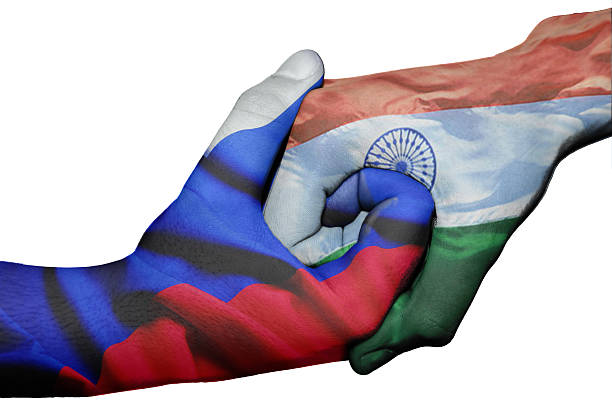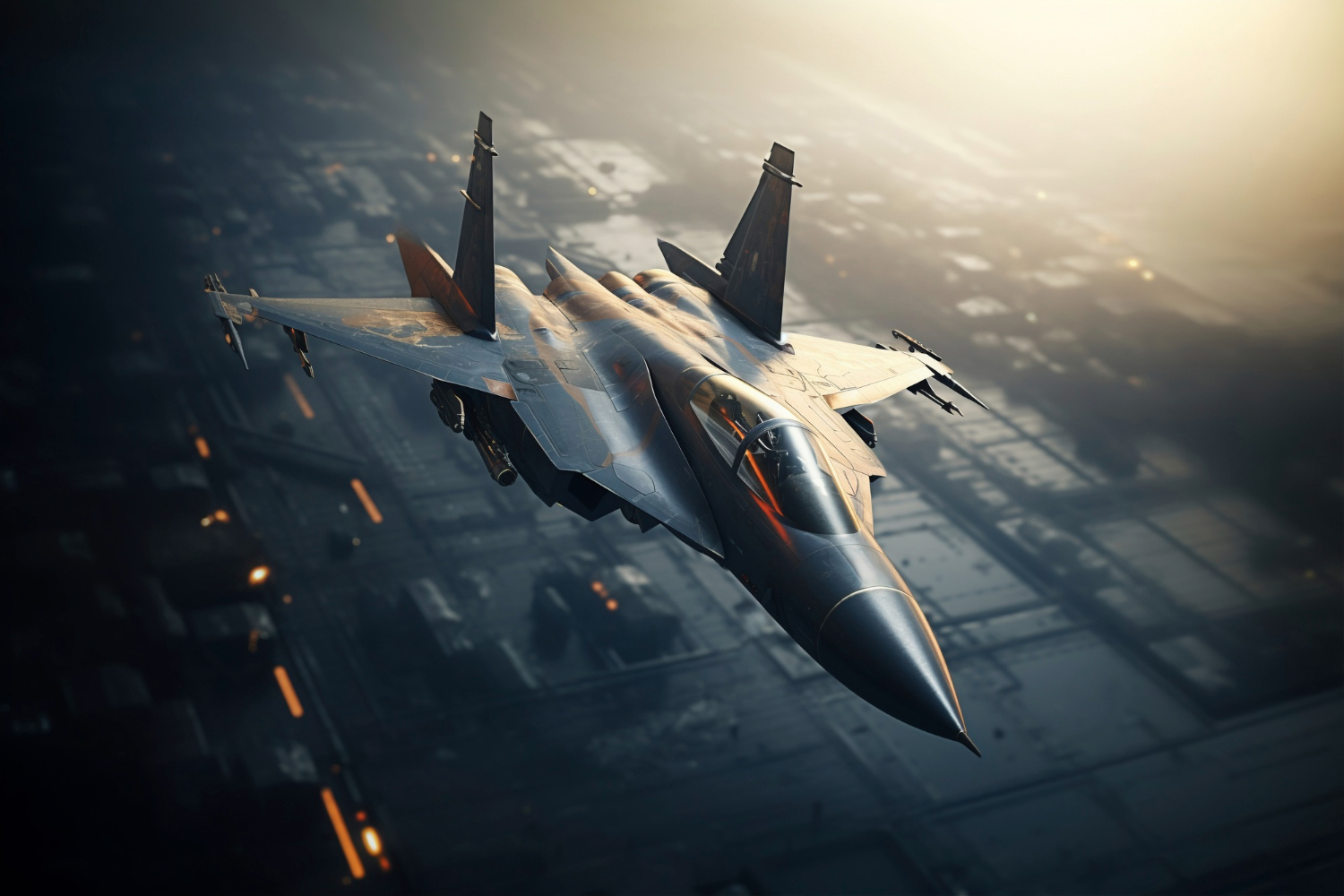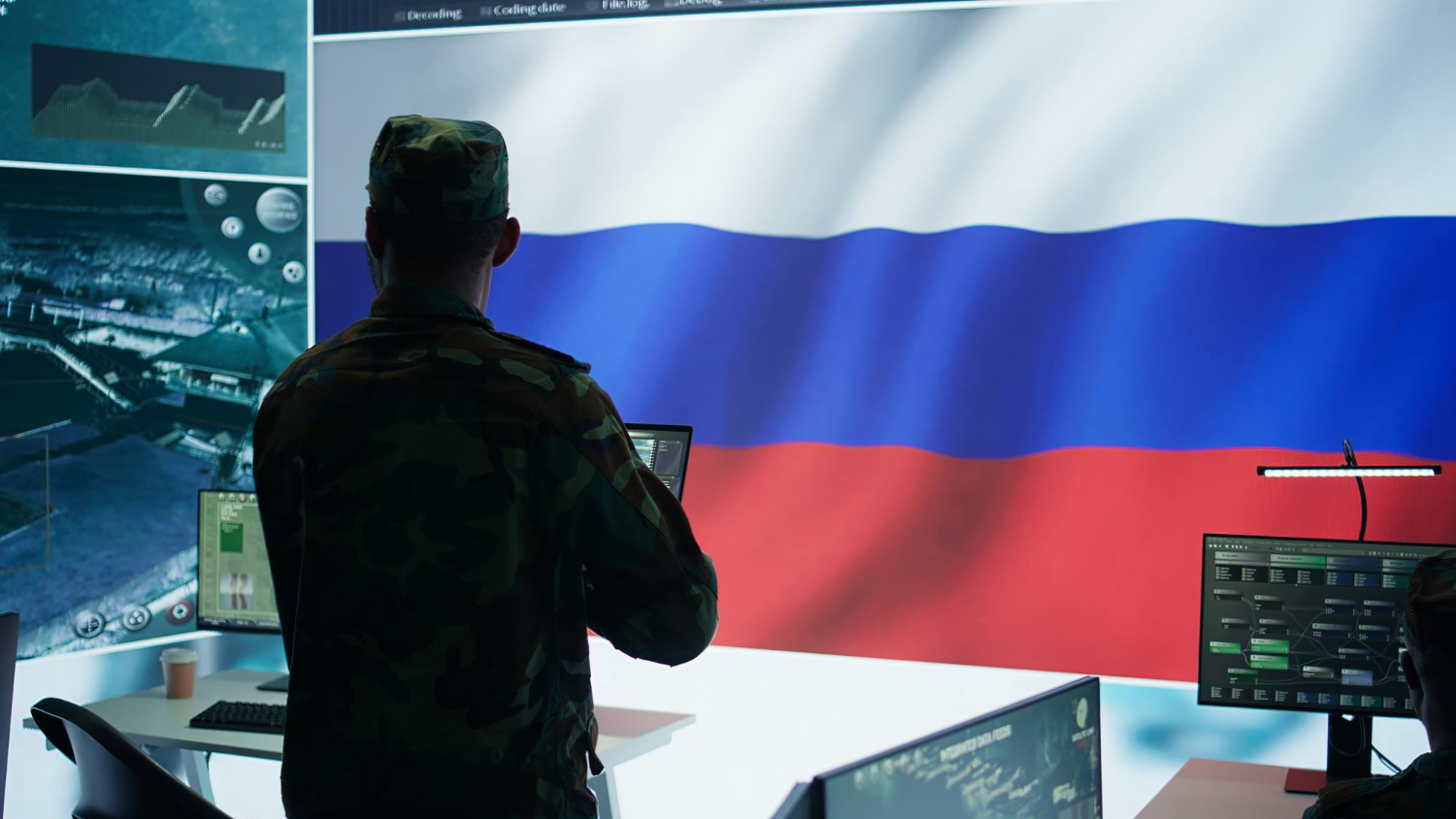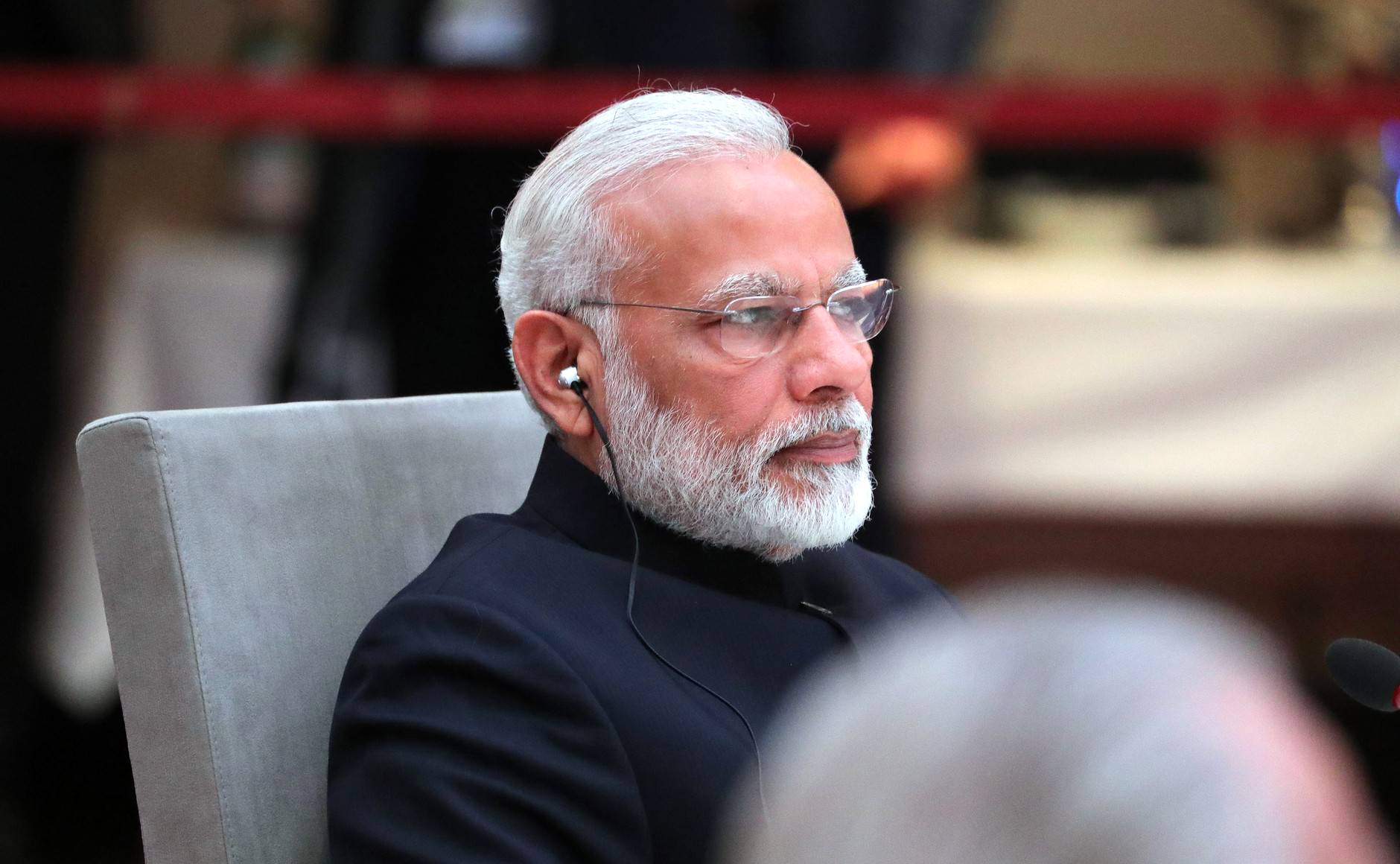Suicide Attack: A suicide bomber rammed an explosives-laden vehicle into a military convoy in Pakistan’s Khyber province, killing 13 soldiers and injuring 29. The powerful blast caused massive destruction, highlighting growing security threats in the region. Investigations are underway to identify those behind the attack.

Suicide Attack in Pakistan’s Khyber Province Kills 13 Soldiers
Pakistan was once again rocked by terror on June 28 when a brutal suicide bombing struck a military convoy in the volatile region of North Waziristan, within Khyber Pakhtunkhwa province. According to official statements, the devastating blast claimed the lives of at least 13 Pakistani soldiers and left more than 25 others injured, plunging local communities into grief and fear. This attack marks one of the most lethal on Pakistan’s security forces this year and highlights the worsening security landscape along its western frontier.
Attack Details: A Deadly Collision
The deadly strike occurred in Mir Ali town’s bustling Khadi Market area, a spot that would normally see routine civilian activity. Officials revealed that a suicide bomber drove an explosives-packed vehicle directly into a convoy belonging to the Pakistani military’s bomb disposal unit. The collision triggered a powerful detonation that could be heard for kilometers, shaking homes and scattering debris across the market.
Security experts estimate the vehicle carried approximately 800 kilograms of explosives, enough to obliterate fortified structures. The force of the explosion tore through armored trucks and even damaged adjacent residential buildings, trapping civilians inside. Witnesses described a horrifying scene of mangled metal, shattered glass, and people desperately searching for survivors.
Claim and Blame: Taliban Lays Responsibility
Shortly after the bombing, the Hafiz Gul Bahadur group—a faction linked to the Pakistani Taliban (TTP)—stepped forward to claim responsibility. This group has been behind multiple high-casualty attacks in recent years, leveraging Pakistan’s porous border with Afghanistan to regroup and plan.
Meanwhile, Pakistan’s foreign ministry hinted at a “foreign hand” being involved, indirectly accusing India of fostering unrest, a claim swiftly rejected by New Delhi. Analysts note such blame games have become common, although on-the-ground realities show that local militant groups continue to pose Pakistan’s greatest internal threat.
Rising Attacks in Tribal Zones
North Waziristan and broader Khyber Pakhtunkhwa have become frequent flashpoints in Pakistan’s fight against militancy. Since the Taliban’s takeover of Afghanistan in 2021, there has been a notable uptick in cross-border insurgent activities. Official data reveals that over 290 security personnel have died this year alone in the tribal regions due to ambushes, IED blasts, and now large-scale suicide attacks.
The rugged terrain and tribal networks make counterterror operations particularly challenging. Experts warn that unless stronger border controls are enforced and cooperation with Afghanistan improves, such attacks are likely to continue.
Aftermath: Retaliation from Security Forces
In the hours following the bombing, Pakistan’s army launched an aggressive search operation across North Waziristan. According to military spokespersons, security forces tracked down and eliminated at least 14 militants suspected of either orchestrating or facilitating the suicide mission. Army Chief Field Marshal Asim Munir condemned the bombing as “an act of utter cowardice,” vowing that the sacrifices of Pakistan’s soldiers would not go unanswered.
Local sources indicated the military also dismantled makeshift camps believed to serve as planning hubs for these attacks. Residents reported heavy helicopter activity and house-to-house searches aimed at flushing out hidden militants.
Civilian Toll and Public Impact
Beyond the tragic loss of military lives, the blast inflicted deep wounds on local communities. Among the injured were three civilians, including two young children who suffered burns and shrapnel wounds after their home partially collapsed from the shockwave. Parents rushed wounded children to overloaded clinics, where doctors struggled to treat injuries amid power outages and limited supplies.
In the aftermath, many families in Khadi Market spent the night outside their damaged homes, fearing further attacks. Local traders lamented significant property losses, with dozens of shops reduced to rubble.
What Lies Ahead
Security analysts caution that this attack underscores the enduring challenge Pakistan faces in dismantling entrenched militant networks in its tribal belts. While swift military reprisals may disrupt immediate threats, long-term peace demands tighter border management and more coordinated intelligence-sharing with Afghanistan’s Taliban government.
Some experts also stress the need for local economic initiatives to offer alternatives to militancy, noting how chronic poverty and unemployment often make extremist recruitment easier.
This horrific suicide bombing in North Waziristan is a grim reminder of the volatile security situation that continues to plague Pakistan’s western provinces. As the government pledges to root out terrorism, the coming weeks will be critical in determining whether Pakistan can effectively stem the tide of militant violence or whether more lives will be lost to this relentless cycle.
Also Read:
- Pakistan’s Double Game? Condemns US Strike on Iran After Backing Trump for Nobel
- India’s Right to Self-Defense: Germany Backs Operation Sindoor
- Pakistan Plans New Bloc with China, Taliban, and Bangladesh. Is it to counter India?
Author

Sahil V
Sahil V. is a passionate contributor at InsightIndia.in, specializing in world geopolitics and job-related updates. With a keen understanding of global affairs and employment trends, he delivers insightful articles that help readers stay informed and make smarter career decisions in a rapidly changing world.














